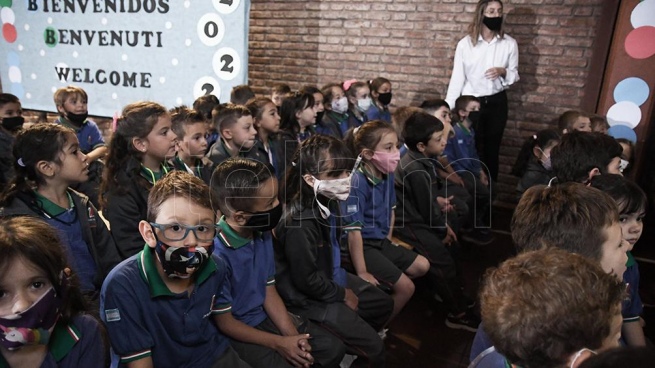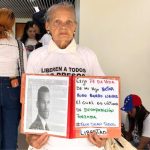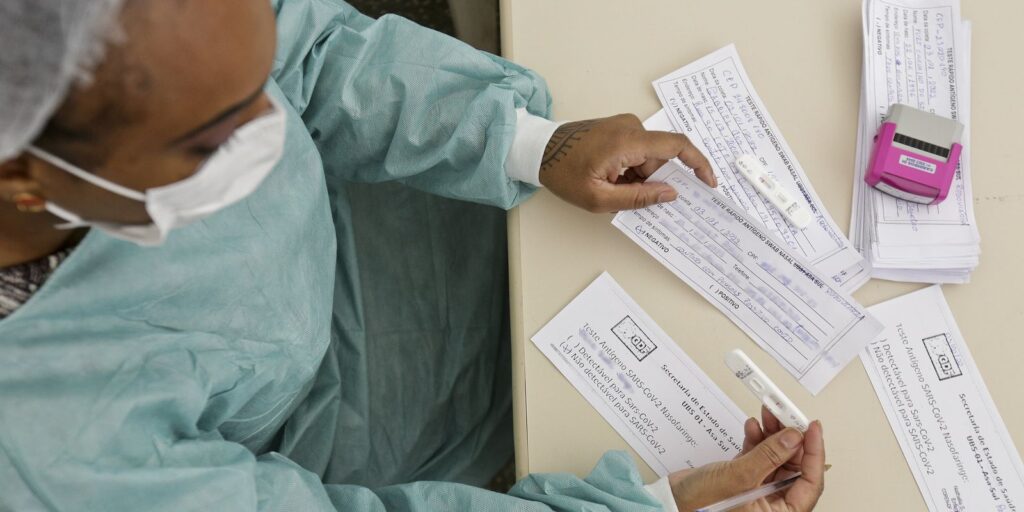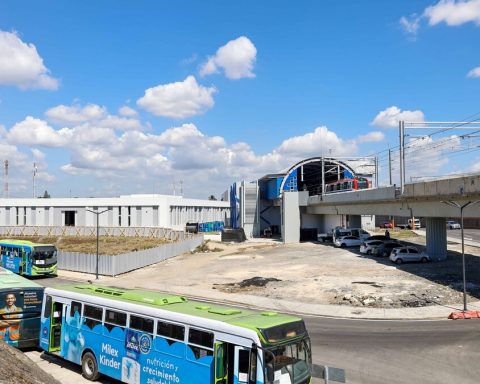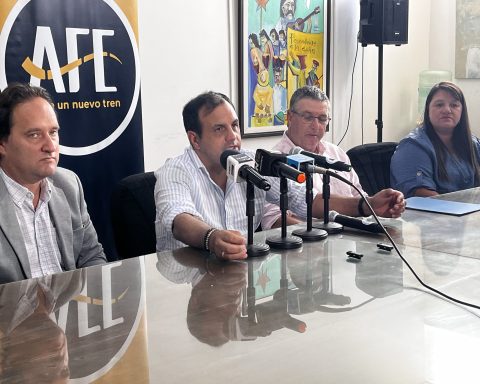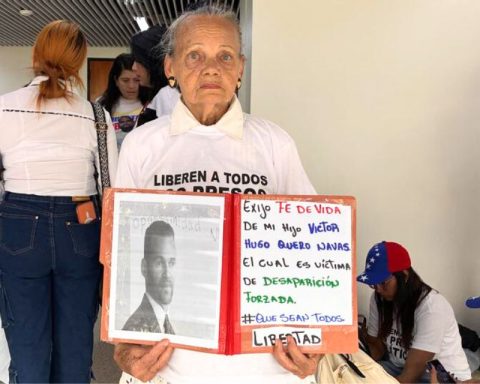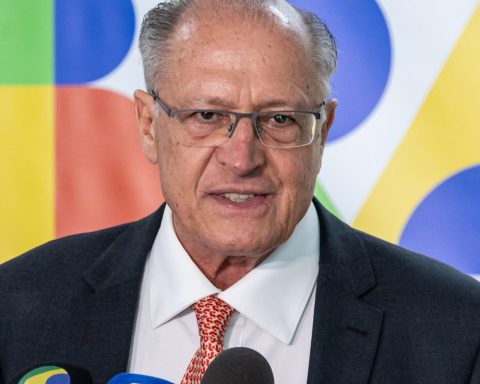The beginning of the school year invites us to ask ourselves about the value that the school acquires in the current context. In these two years, the pandemic and the policies deployed to confront it have disrupted the usual parameters of social life and, while its end is barely in sight, its effects are unfathomable. The exceptional situation pushed us to dig again in the sense of school activity. It is worth wondering if we will be able to outline a new training proposal or if we are simply trying to return to the old normal lost at the beginning of 2020.
We have learned that school does not fit on screens. There was and is learning in the virtual environment, but the hard core of the school experience has not been replicated, which requires leaving the domestic sphere and joining the face-to-face construction of a common space, in which differences enrich us, conflicts challenge us, knowledge gives us tools and equality is, at the same time, ground and horizon.
Upon returning to the classroom, some sectors hope that the school will only prepare students for productive activity and full adaptation to the context in which they live, with practical knowledge and docile emotions. They want to capture the educational complexity in numbers and formulas, but the pedagogical sense transcends the petty claim to improve the score in standardized measurements of learning. On the contrary, we educate to understand and transform the world, to make the legacy of the previous ones available to new generations and invite them to recreate it, to extract the best juices from human life in artistic expression, physical display and adventure. intellectual.
The pandemic has challenged the tools of each society to face a major social problem, articulating efforts and guaranteeing equal rights. In that trance, he exposed the weaknesses of our political culture, with some voices claiming privileges or challenging the rules of collective care. Consequently, education in citizenship has once again gained priority, to “educate the sovereign” in guidelines of solidarity, commitment and responsible freedom. Each school classroom can be a space of resistance to discourses that promote a narcissistic subjectivity, focused on self-realization and personal success, while disdaining community integration and shared projects.
The classroom is a public space and, as such, it is always in motion, crossed by debates and controversies. In it, each student begins to exercise citizenship when he takes a position on a problem, displays arguments, raises questions and formulates proposals. What differentiates this exercise from its performance outside the classroom is the presence of a teacher with training responsibility. Dialogue is the protagonist of work in the classroom and its educational potential does not lie in the fact that all opinions are tolerated, but in the fact that any statement is subjected to criticism, while at the same time deeply respecting those who have an opinion. Let’s go back, then, to each classroom with pretensions of utopia, because great transformations begin with small steps.
